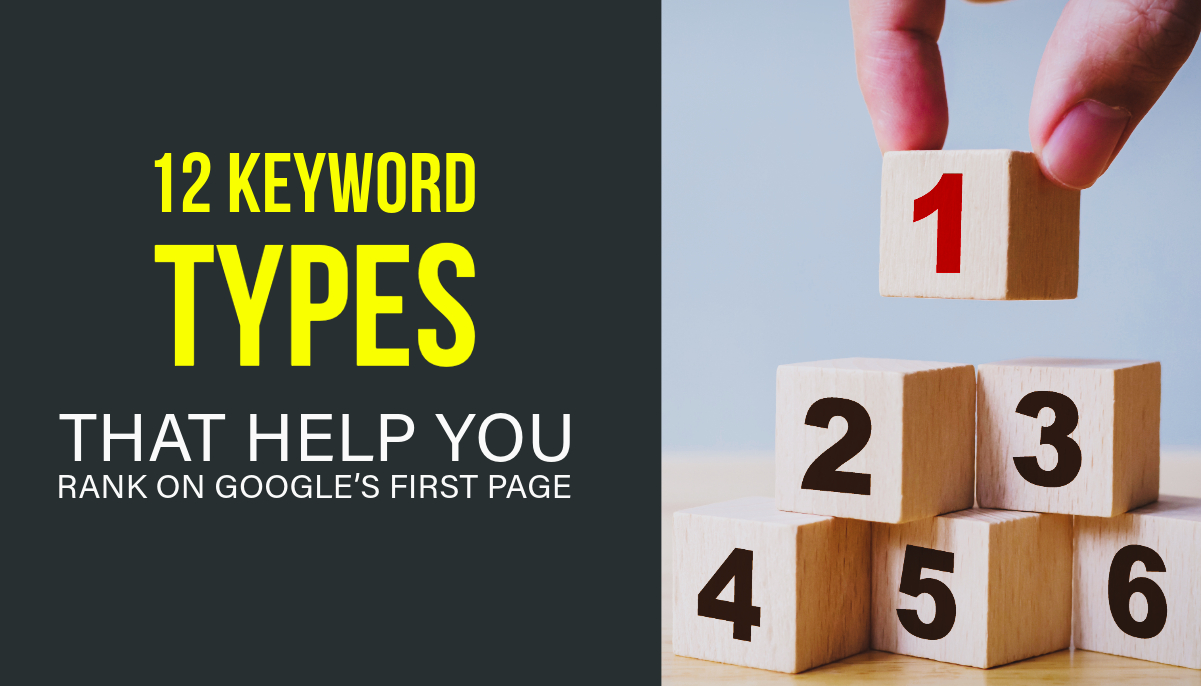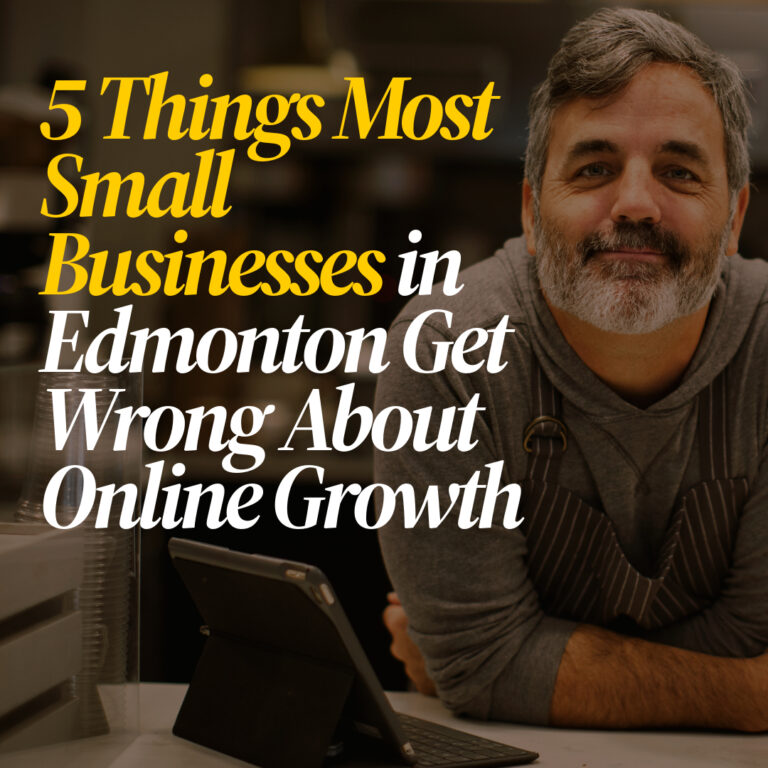12 Strategic Keyword Types That Drive First Page Rankings in Google

12 Strategic Keyword Types That Drive First Page Rankings in Google
When it comes to ranking a business on the first page of Google, guessing isn’t a strategy. Success depends on the ability to understand search intent and target the right types of keywords that match where your audience is in the buying journey.
This article breaks down 12 essential keyword types that businesses can use to strategically attract, engage, and convert users—whether you’re optimizing blog content, service pages, or local business listings.
Let’s get into the framework behind first-page success.
1. Informational Keywords: Establish Authority and Attract Top-Funnel Traffic
These keywords reflect users who are looking to learn. They’re not ready to buy yet—but if your business becomes their trusted source of information, you’ve won the first step in the sales funnel.
Examples:
How to build a mobile-friendly website
What is responsive design?
Tips for increasing online visibility
Ideal for blog posts, knowledge bases, or FAQs. This type of content builds trust, keeps users on your site longer, and boosts relevance signals to search engines..
2. Commercial Investigation Keywords: Capture Comparison Shoppers
This group includes search terms used by people evaluating their options. They’re often just one step away from converting.
Examples:
- Best website builder for small business
- Squarespace vs WordPress for SEO
- Top CRM tools for startups in 2025
Great for comparison articles, review-based blogs, and resource roundups. They convert well because they’re used by users in a consideration phase.
3. Transactional (Buyer) Keywords: Target High-Intent Visitors
These are the heavy-hitters—searches made by users ready to take action. Whether it’s buying, booking, or contacting, these keywords are gold for conversion-focused content.
Examples:
Hire web designer in Edmonton
Buy SEO package for real estate
Order logo design online
👉 Essential for service pages, product pages, and landing pages. These keywords should be direct, persuasive, and clearly linked to your CTA..
4. Navigational Keywords: Dominate Your Brand Space
Navigational searches are about brand recall. People already know you—they’re just trying to get somewhere on your site or find your contact info.
Examples:
[YourBrand] contact: SEENTECH Web Design Contact
[YourBrand] pricing: : SEENTECH Web Design Pricing
[YourBrand] reviews: : SEENTECH Web Design Reviews
👉 Optimize your homepage, social profiles, and meta descriptions to ensure you control your branded SERPs.
5. Long-Tail Keywords: Own the Specific, High-Converting Queries
These extended search phrases may not bring huge traffic volumes, but they convert exceptionally well—especially in niche industries.
Examples:
-
Affordable web design for local restaurants in Calgary
-
How to create a Shopify store for Canadian handmade products
-
Freelance tax tips for Canadian graphic designers
Use in blogs, case studies, and location-specific service pages. These keywords are excellent for voice search optimization too.
6. Local SEO Keywords: Be Found in Your City or Area
Local keywords target users searching for services within a geographic location. Ranking locally often brings hot leads—people looking for immediate help.
Examples:
Website maintenance services in Edmonton
Mobile hairdresser near me
Top-rated HVAC contractor in [postal code]
Focus on Google Business Profile optimization, local landing pages, and earning local backlinks. Proximity and relevance matter most.
7. Semantic Keywords (LSI): Improve Content Depth and Context
Latent Semantic Indexing (LSI) keywords are conceptually related terms that help Google understand the full topic of your page.
Examples for “website design”:
Responsive layout
UI/UX principles
HTML5 and CSS3
Mobile optimization
Use these throughout your content to reinforce your topical authority. Google rewards comprehensive coverage over keyword stuffing.
8. Evergreen Keywords: Generate Long-Term Traffic
Evergreen keywords refer to timeless topics that remain relevant regardless of trends or seasons.
Examples:
Digital marketing for beginners
How to write a blog post
Create pillar content that can be updated yearly. These posts become compounding assets in your content strategy.
9. Problem-Based Keywords: Solve Real User Pain Points
These keywords highlight user frustrations and challenges, often phrased as questions or issues.
Examples:
Why is my website so slow?
How to fix mobile layout issues
Website not ranking on Google
Use in how-to articles, support content, or lead magnet funnels. When you solve real pain, you earn trust—and trust converts.
10. Lead Magnet Keywords: Attract Leads with Value Offers
These keywords are tied to offers such as free tools, templates, or consultations.
Examples:
Free website audit tool
Download SEO checklist
Get free social media calendar
Perfect for landing pages and opt-in incentives. These keywords help grow your email list while adding real value.
11. Zero-Click and Featured Snippet Keywords: Win Position Zero
These are structured to directly answer a question—often appearing as Google’s featured snippet.
Examples:
Steps to register a business in Alberta
Cost of building a mobile app in Canada
Use structured formatting (lists, tables, short answers). Aim for concise intros + expanded explanations to win the snippet.
12. Hybrid Intent Keywords: Combine Service, Location & Use Case
These are powerhouse keywords—blending commercial and local intent into one concise phrase.
Examples:
Custom website design for dental clinics in Edmonton
Mobile app development for nonprofits Canada
SEO services for real estate agents Toronto
These should be your primary service page keywords. They’re niche, intent-rich, and laser-targeted.
Build with Strategy, Not Just Keywords
Using keywords strategically is about more than search engine rankings—it’s about understanding your audience’s journey. When your content answers the right questions at the right time, rankings follow. Start by mapping these 12 keyword types across your site architecture: blog, services, local pages, and lead funnels. Measure, refine, and double down on what works.
If you’d like a free keyword strategy map template or help building an optimized content calendar, just ask—this is what moves the needle.


